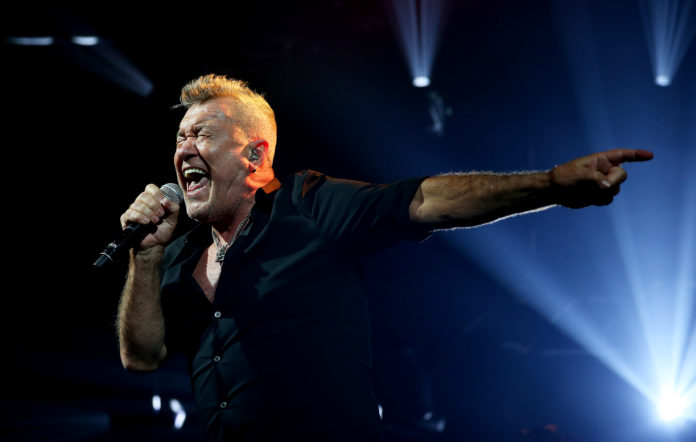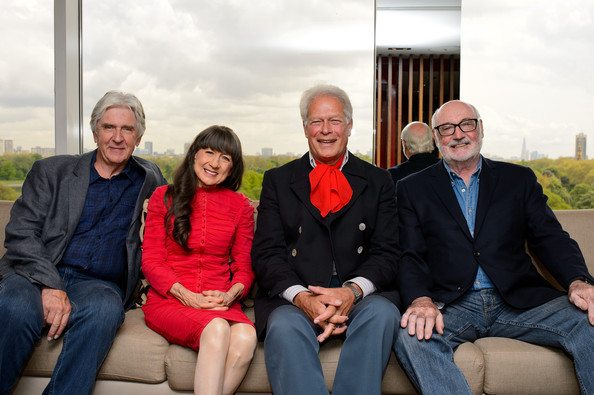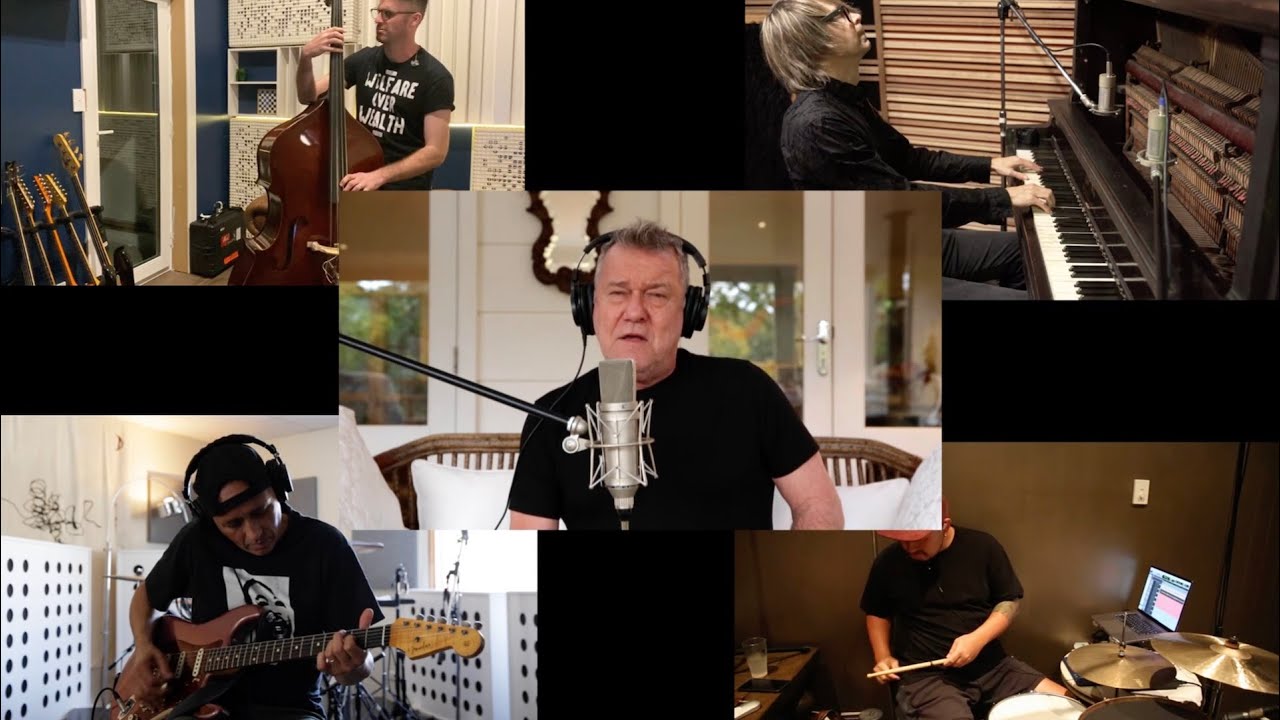How Australia protects songs from becoming political anthems

The unauthorised use of songs by politicians at their rallies is a hot topic this week.
As TMN reported yesterday (July 29) the legal stoush between Clive Palmer and Universal Music Australia over the use of Twisted Sister’s ‘We’re Not Gonna Take It’ took an interesting turn.
The billionaire claimed the chorus is actually based on the 18th-century carol ‘O Come, All Ye Faithful’ and is therefore not protected by copyright.
Sia and Lorde joined Green Day, The Rolling Stones, Alanis Morissette, Sheryl Crow and Panic At The Disco this week, signing an open letter demanding consent for use of their songs by pollies.
They’re asking major US political parties to establish clear policies requiring campaigns to seek the consent of music copyright owners before publicly using their music in a political setting.
With the US elections looming in months, more fireworks are expected. The next Australian federal election could be this time next year, so we may also see local examples.

OneMusic Australia makes it very clear about such use of songs in this country. The rights association says its event licence does not include political rallies.
“Our licences do not grant permission for a song to be used at a political event, or in a context which might give the impression that the songwriter or recording artists are affiliated with the brand or business.”
Because use of the song may be seen as endorsing a certain brand or philosophy, the political party must deal directly with artist and songwriter to seek clearance.
If members ask for advice on this, they are referred to the Arts Law Centre who say “not every use of your copyright work without your consent is an infringement”.
“If someone has only used an insubstantial, unrecognisable, unimportant part of your creative work, it may not be an infringement.
“There are numerous defences to copyright infringement and you should ensure you get advice from a lawyer about whether any of them apply in your particular circumstance.
“There are also limited statutory licences where the Copyright Act allows certain uses under a statutory licence scheme whether or not you object.”

The Seekers’ member Bruce Woodley, co-writer of ‘I Am Australian’, demanded financial compensation after the Department of Immigration and Citizenship featured it in a video given to 565 councils in 2008 for use in naturalisation ceremonies.
The government’s defence was that copyright of literary and music copyright is not infringed when the Commonwealth or a state government uses the work “in the service of government.”
Australian law can be a dangerous grey area. Unlike the US, Australia does not have a “right of publicity” where politicians and brands can get away with using images and other associations.
But the Australian Consumer Law does blur the line a little.
If an aggrieved creative wants to send a letter of demand for breach, Arts Law has a template letter of demand for copyright infringement free for subscribers and low cost for non-subscribers.
Before a letter is fired off, Arts Law warns the creative should not make threats about infringement that can’t be substantiated, leaving the copyright owner vulnerable to a lawsuit.
If they are prepared to take it to court, they have to be sure they do hold full copyright.
There are instances where a band might assign the copyright to a record label and possibly also its publisher. As a result, artists prefer to hit the media in a name and shame ploy.

Jimmy Barnes did just that when Reclaim Australia and the United Patriots Front, used ‘Khe Sanh’ and ‘Working Class Man’.
Pointing out he and his wife Jane were born overseas, he posted, “The Australia I belong to and love is a tolerant Australia. A place that is open and giving.”
In 2018 he fired off a missive to the Liberals.
Then-prime minister Malcolm Turnbull and energy minister Josh Frydenberg held a media call at Bluescope steelworks in Port Kembla, to peddle their energy policy, industry and jobs.
They loudly declared Barnes shot his ‘Working Class Man’ video there twenty years before. Barnes hit the tweet button: “Don’t use my name or my songs to sell your shitty policies. You don’t represent me.”
The Libs meekly sent a conciliatory cheque to Boom Crash Opera after they went public about the use of ‘Dancing In The Storm’ and ‘Bettadaze’.
The party’s Tasmanian branch aroused the wrath of Hunters & Collectors for using ’Holy Grail’ during the island’s 2002 election.
Singer Mark Seymour responded, “We are disgusted by the appropriation of our much-loved anthem by a political party we utterly despise.”
In the US, popular with opportunistic politicians are Bruce Springsteen’s ‘Born In The USA’ (although its not as patriotic as its title suggests), REM’s ‘It’s The End Of The World As We Know It’, The Rolling Stones’ ‘You Can’t Always Get What You Want’, Tom Petty’s ‘I Won’t Back Down’, Neil Young’s ‘Rockin’ In The Free World and Queen’s ‘We Are The Champions’.






























